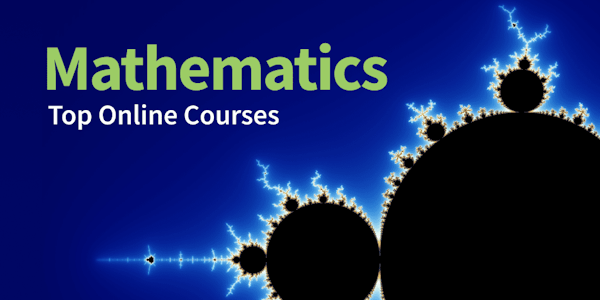Mathematics is the most essential tool in any STEM professional’s toolbox. In this course, we will provide you with an introduction to linear algebra, multivariable calculus, and differential equations, through exploring the main definitions, theorems and practical examples required.
Can we use linear algebra to do data compression? What’s the meaning of an eigenvalue and an eigenvector in a mechanical system? How do vector fields help to describe wind flow? How can you make optimal parameter choices in industrial processes?
We aim to answer all these questions and more, so that you can use these mathematical techniques when tackling problems in your own field of study.
We will use examples, graphic representations, applets, and exercises to exemplify the various theorems and definitions.
You will acquire the skills to cope with matrix-formulated problems typically arising from applications in science and technology. Not only will you be able to use practical algorithms, solve systems of equations and differential equations, compute the singular value and eigenvalue decomposition, and solve optimisation problems, you will also acquire a set of properties that will assist in simplifying and understanding mathematical problems.
The course will give you the tools to transform optimisation problems and differential equations into matrix language. Most importantly, you will learn that matrix computations are ubiquitous in science and engineering.



